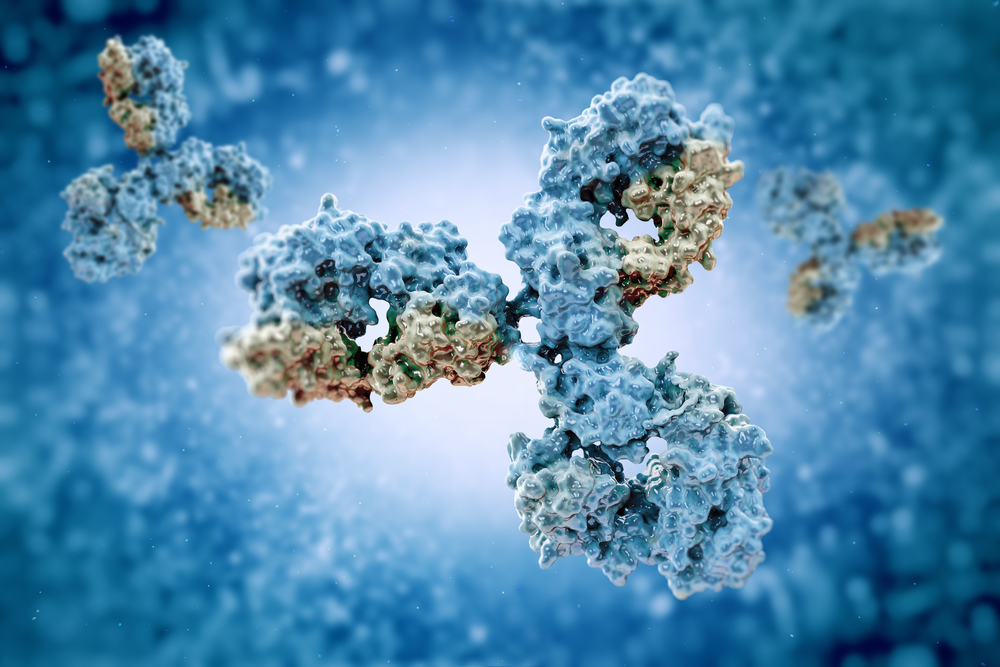Cognitive and Psychiatric Issues Linked to Autoantibodies in Brain Unique to Lupus Patients, Study Finds
Written by |

Autoantibodies targeting certain regulatory RNAs — molecules that serve as the template for protein production — in the brains of lupus patients are unique to these people and involved in neuropsychiatric symptoms of the disease, a study reports.
The study, “Neuronal BC RNA transport impairments caused by systemic lupus erythematosus autoantibodies,” was published in the Journal of Neuroscience.
Systemic lupus erythematosus (SLE), the most prevalent form of lupus, is a chronic autoimmune disease characterized by tissue inflammation, rash, pain, fatigue, depression, and cognitive difficulties. A form of this disease, called neuropsychiatric SLE (NPSLE), is marked by the overactivation of the immune system, and cognitive and psychiatric symptoms that include seizures, headaches, mood swings, and psychosis.
NPSLE is prevalent among lupus patients although poorly understood, affecting up to 80% of adults and 95% of children diagnosed with the disease, research shows.
SLE patients often produce autoantibodies targeting different types of RNA molecules. In this study, researchers at SUNY Downstate Health Sciences University in New York found, for what they believe to be a first time, autoantibodies targeting brain cytoplasmic RNAs in the serum of SLE patients that may be linked to the onset of neuropsychiatric SLE.
Brain cytoplasmic RNAs control the production of proteins that regulate the activity of brain synapses — the junctions between two nerve cells that allow them to communicate — controlling, for instance, the way synapses receive, save, and recall information.
After analyzing serum samples from healthy individuals, people with other autoimmune disorders (like rheumatoid arthritis and multiple sclerosis), and those with SLE, they found these anti-brain cytoplasmic RNA autoantibodies (which researchers called anti-BC abs) were present only in SLE patients.
Experiments performed on mice have also shown that when anti-BC abs are taken up by neurons in the brain, they prevent naturally-produced brain cytoplasmic RNAs from reaching synapses, causing a series of abnormalities, including seizures and cognitive difficulties.
These observations suggest that SLE-specific anti-BC abs may be the root cause of at least some of the neuropsychiatric symptoms experienced by lupus patients.
“Prior to this study, we poorly understood why lupus affects the brain in the way in which it does and causes neurocognitive symptoms,” Henri Tiedge, PhD, a distinguished professor at The Robert F. Furchgott Center for Neural and Behavioral Science at SUNY Downstate and a senior study author, said in a news release.
“Because we could not treat the cause, the only alternative was for physicians to treat the symptoms with anti-inflammatory drugs, immunosuppressives and other therapies, depending on the how the brain was being affected,” Tiedge added.
According to the research team, this discovery not only sheds light on the possible origins of neuropsychiatric symptoms in lupus, but also opens the door to the development of new treatments targeting these damaging autoantibodies.
“Now that we appear to have an understanding of what is causing at least some of these neuropsychiatric affects, we can turn our attention to finding treatments that target the disease process itself and will block or repress these antibodies from causing the molecular disruptions,” Tiedge said.




